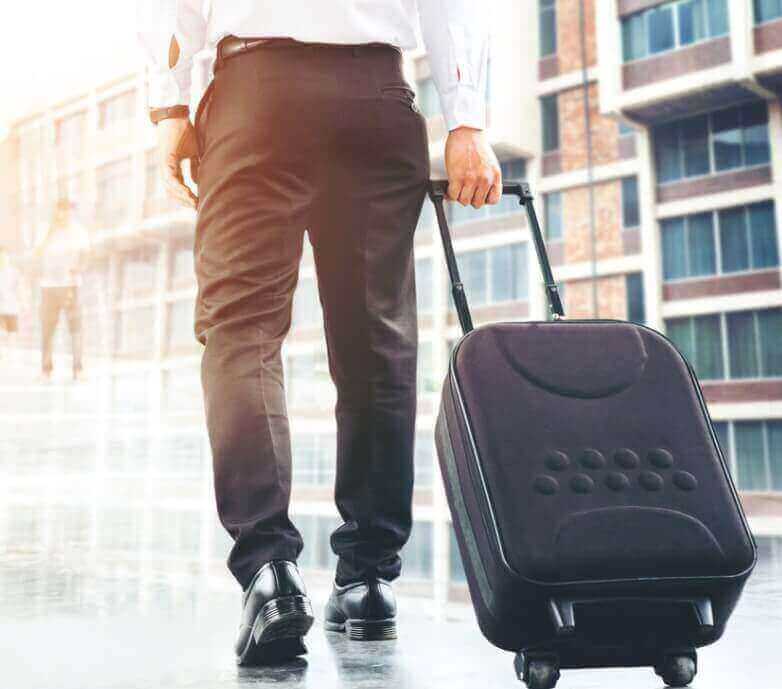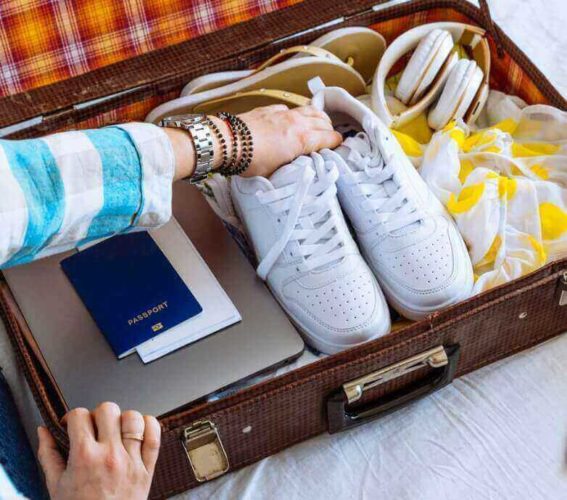Packing for holidays and travel is often considered a chore. It is not much different when you suddenly pack your suitcase for a medical trip. It may be considered even more troublesome to pack when preparing for medical treatment.
Traveling for medical treatment
Maybe it is because you are not feeling your best, or maybe it is because this is your first time traveling so far for treatment. Either way, we understand packing can be a struggle. You have more important things on your mind than figuring out what to bring, so we created this quick guide to help you better understand your suitcase.
Things to take with you on the trip
Paperwork and Currency
Medical and travel documents are two of the most important things to pack. After all, you are going on a medical tourism trip— without the proper medical and travel documentation, you will not likely be traveling or receiving treatment.
- Medical paperwork: Check with the medical director to determine exactly what documents you need to bring. Just to be safe, make extra copies. Store these extra copies in different places amongst your things to assure you do not lose them.
- Travel documents: If you do not have a passport, make sure you apply and get one well before your scheduled trip. Keep your passport close and avoid losing it while packing or traveling to the airport.
- Currency: Try to exchange currency ahead of time at home rather than waiting until you are overseas. Banks such as Wells Fargo, Bank of America, and Chase are trusted institutions where you can exchange currency before you travel. Keep in mind these institutions offer better exchange rate deals than airport kiosks.
- Credit cards: Before your trip, let your credit card companies know you are going to be traveling. This will prevent them from flagging or blocking your transactions abroad.

- Proper clothing: Be sure to understand that the climate in your hometown may be very different than the climate abroad. Be sure to research the weather and pack accordingly, but be prepared for unpredictable weather changes. Pack clothes that are appropriate for the treatment center, tourism, and sleep.
- Comfort items: Traveling for treatment can be a scary experience. No matter how old you are, having a security blanket of sorts always makes things better. Whether it be an actual blanket or a pair of slippers, pack what brings you comfort.
- Emergency contact information: Amongst your things, be sure to have all of your doctors’ names and information. Have the names and information for close family and friends, as well.

Companion
Bringing a companion is always recommended, even for treatments that happen in your hometown. A companion provides additional security and is a valuable support to the traveller, especially on the way to medical treatment as well as from there back home. Not only does a companion provide company, the stress associated with the journey can also be reduced and they can respond quickly in emergencies and call for help.



